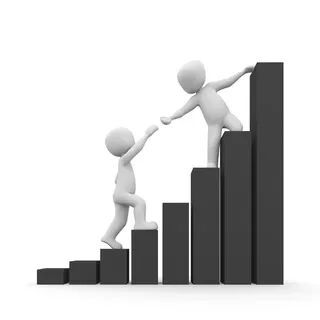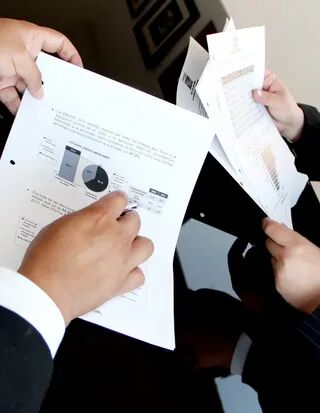Today, we’re in a much less forgiving startup ecosystem. If your competitor hits the market with a product, they can get it in front of hundreds of thousands of people via the internet and social media in a day. Whatever your idea, you can be sure there are a few other folks working on it, even more thinking about it, and thousands who will jump in as soon as they hear about it.
In other words, a slow start separates the startup winners and losers.
That’s why successful entrepreneurs need to have a detailed idea of what they’re getting into before jumping in. This means getting out there early to investigate the market, the viability of the idea, the competition, and the industry dynamics – says the article from Crunchbase. As an entrepreneur, you have to minimize the number of unknowns.
Of course, you’re always going to encounter unforeseen obstacles, but if you get into the trenches before you start, you’ll be better prepared to navigate those challenges. Here’s what you need to know before making a major investment of time and money:
1) Nothing minimizes risk like first-hand experience
There is undeniable risk-taking involved in founding your own business. For that reason, entrepreneurs are frequently considered daredevils. But in reality, the best entrepreneurs are risk minimizers. And the best way to reduce risk is to really dig deep into the industry you’re trying to break into at the ground level.
2) A successful startup launch all boils down to finding the right insights early on
Every crazy successful business stemmed from a single meaningful insight. Take Howard Schultz, whose insight was that Americans were craving a “third place” between work and home where they could have a sense of community and meet for conversation, like the Italian café. His solution? Starbucks. The best entrepreneurs gather insights before others and capitalize quickly.
3) Identify your “hero product” at the onset of your startup starting
Every founder needs a hero product—that stand-out item or service that creates buzz. Apple has its iPhone, Hermes the Birkin bag, and Levi’s has its 501 jeans. All of these brands sell tons of other products. However, their hero products push profitability and potential by making the most of them.
The hero product gets folks to your website or motivates them to pick your item off the shelf, and it keeps them coming back for more.
It helps pull in your core customer, the main driver of your business. If you’re founding a business and don’t know your hero product, you have to identify it quickly.
4) Figure out the price of your product first
With endless information at our fingertips, today’s consumers are savvier than ever. Consumers quickly know if your product is priced higher than your competitor. When you’re starting out with a consumer product, it can be tempting to just research standard margins for your industry and then to price based on those margins. But because in the early days you’re producing small quantities at high unit costs, margin pricing causes you to price your product too high. Remember, you’re introducing something new into the marketplace that no one knows about, and you need to get buyers. Getting the price right before you develop your product will put you in a much better financial position when you’re ready to launch.



